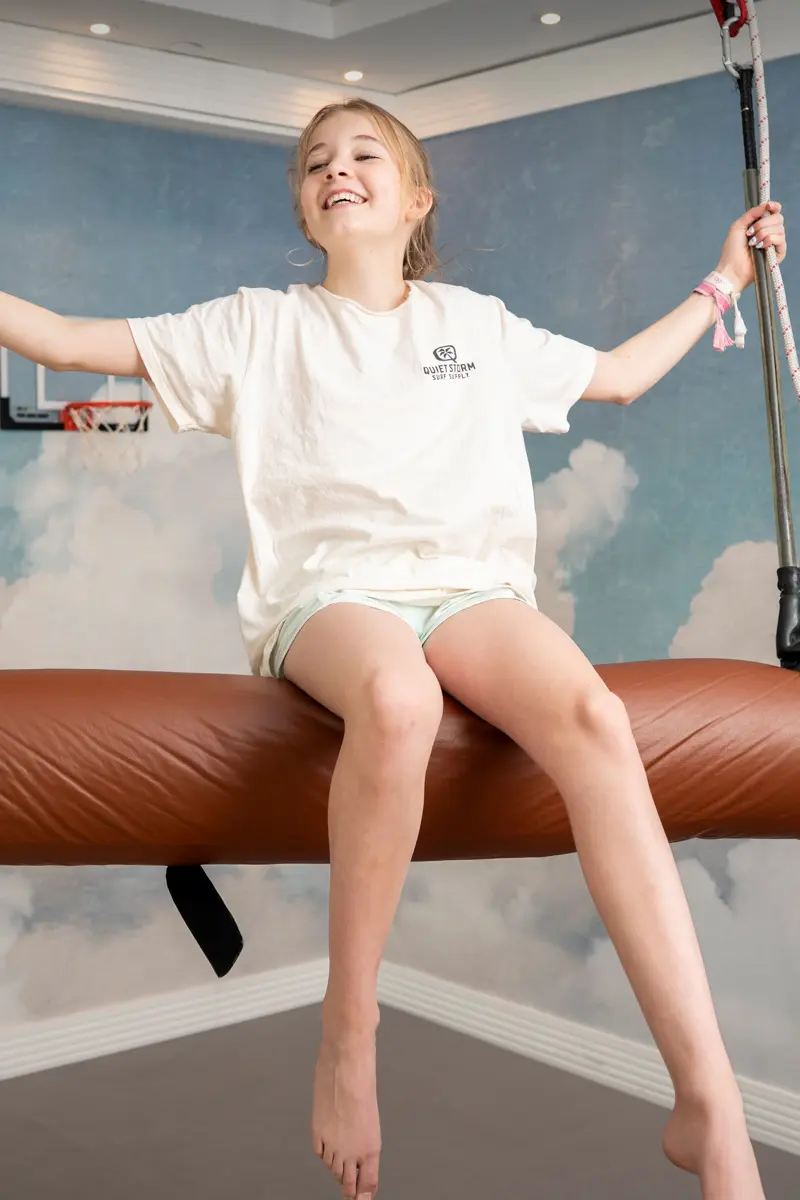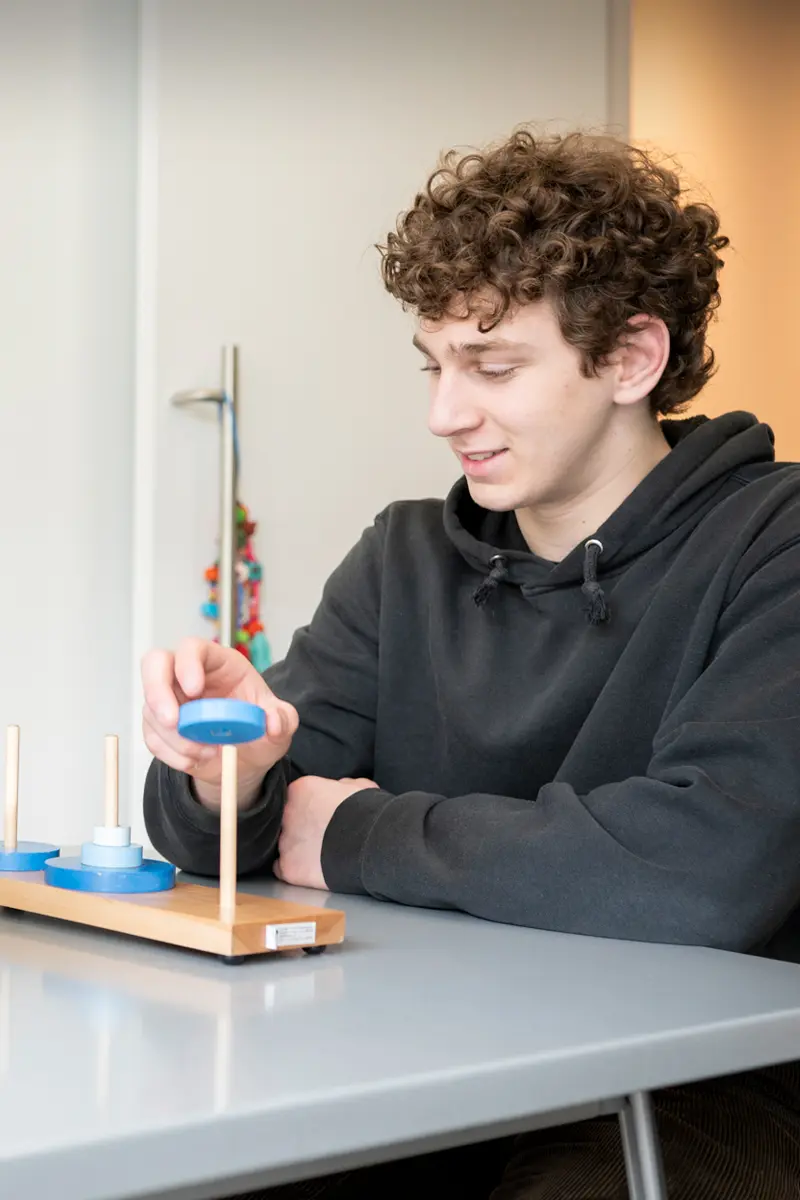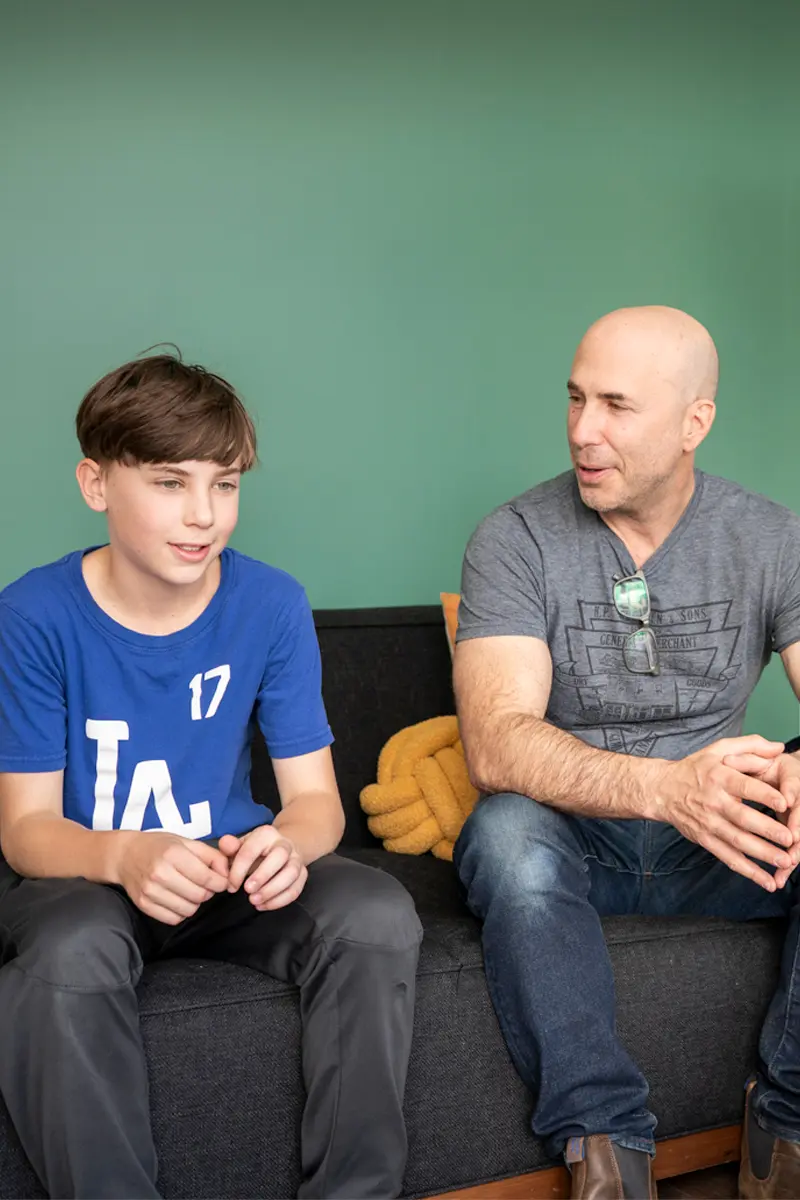ADHD medications are designed to help children manage symptoms like inattention, impulsivity, and emotional dysregulation by supporting the brain’s natural chemistry.
The role of brain chemicals
In individuals with ADHD, there are often lower levels of certain neurotransmitters—specifically dopamine and norepinephrine. These chemicals play key roles in areas like attention, motivation, and organization and planning. When these levels are imbalanced, it can be harder for children to focus, control impulses, and manage emotions.
It’s important to work closely with your child’s primary health care provider to determine the most appropriate medication and dosage. Regular monitoring and open communication can help ensure the best outcomes for your child’s health and well-being.
Stimulant medications
Stimulants are the most commonly prescribed medications for ADHD. Despite their name, they don’t “stimulate” in the way we might think. Instead, they work by increasing the levels of dopamine and norepinephrine in the brain, helping to improve communication between neurons. This enhancement supports better attention, reduces impulsivity, and aids in emotional regulation.
Common stimulant medications include:
- Methylphenidate (e.g., Biphentin; Concerta)
- Amphetamine-based medications (e.g., Vyvanse)
These medications have been shown to be effective in reducing ADHD symptoms in many children.
Non-stimulant medications
Non-stimulant medications are another option, especially for children who may not respond well to stimulants or have certain health considerations. These medications primarily work by affecting norepinephrine levels, which also helps improve attention and impulse control.
Common non-stimulant medications include:
- Atomoxetine (Strattera)
- Guanfacine (Intuniv)
- Clonidine (Kapvay)
Additional resources
- The Canadian ADHD Resource Alliance (CADDRA) provides comprehensive guidelines on ADHD medications
- For more detailed information, refer to the Cleveland Clinic’s overview on ADHD medications










